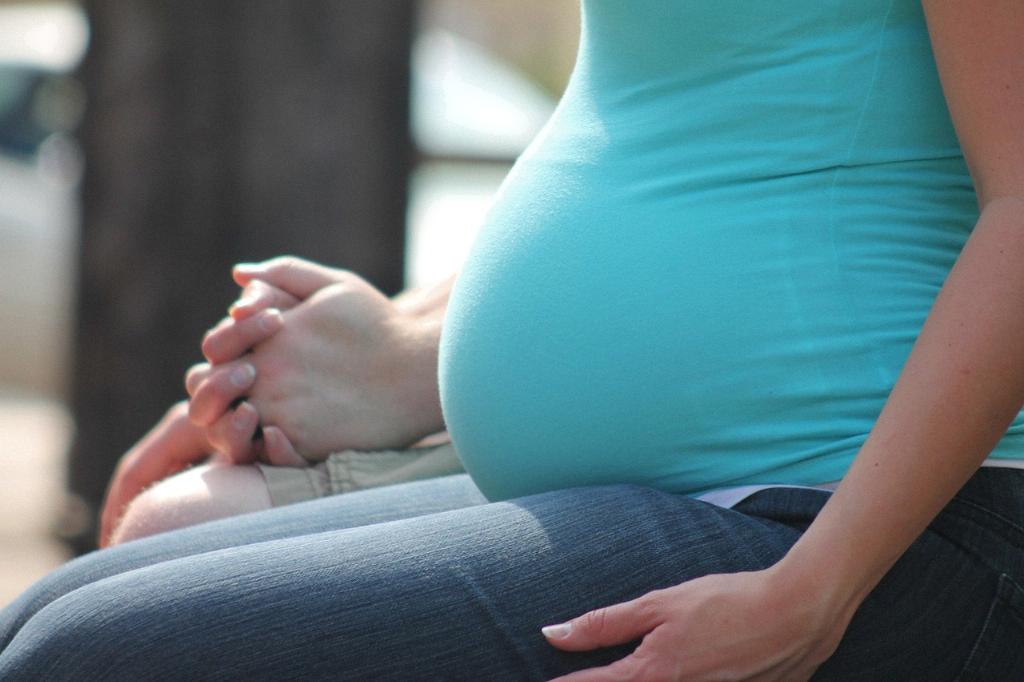When it comes to discovering that you are pregnant, timing is crucial. The most common time for women to find out they are pregnant is typically between weeks four and seven of their pregnancy journey. This period marks a significant milestone as it is when many early pregnancy symptoms start to become more noticeable.
Week Four Through Seven: A Crucial Period
Weeks four through seven are incredibly important in the pregnancy timeline. During these weeks, the body undergoes significant changes as the fertilized egg implants itself in the uterus and starts to develop into an embryo. It is during this time that most women begin to experience symptoms like missed periods, nausea, fatigue, and breast tenderness, prompting them to take a pregnancy test.
Early Signs and Symptoms
Recognizing early signs and symptoms of pregnancy is key to understanding when to take a pregnancy test. While every woman’s experience is unique, some common indicators include implantation bleeding, heightened sense of smell, food aversions, and frequent urination. These symptoms often become more pronounced around weeks four to seven.
Importance of Pregnancy Testing
Once the symptoms become noticeable, many women choose to take a home pregnancy test to confirm their suspicions. These tests work by detecting the presence of human chorionic gonadotropin (hCG) hormone in urine, which is produced by the placenta after implantation. Typically, the accuracy of these tests increases as the pregnancy progresses.
Consulting a Healthcare Provider
While home pregnancy tests can provide valuable information, it is essential to consult a healthcare provider for further confirmation and prenatal care. A healthcare professional can perform a blood test to measure hCG levels accurately and offer guidance on next steps, such as scheduling an ultrasound to confirm the pregnancy.
Emotional Rollercoaster
Discovering that you are pregnant can evoke a wide range of emotions, from joy and excitement to anxiety and uncertainty. It is normal to experience a mixture of feelings during this time, and it is essential to seek support from loved ones or a counselor if needed.
Taking Care of Yourself
Once you find out you are pregnant, self-care becomes paramount. Maintaining a healthy lifestyle, including eating nutritious foods, staying active, getting enough rest, and avoiding harmful substances, is crucial for both your well-being and the development of the baby.
Creating a Birth Plan
As your pregnancy progresses, you may want to start thinking about creating a birth plan. A birth plan outlines your preferences for labor and delivery, such as pain management options, who you want to be present during childbirth, and your desires for the postpartum period.
Building a Support System
Having a strong support system in place during pregnancy is vital. Whether it’s your partner, family, friends, or a prenatal group, having people to turn to for emotional support, advice, and assistance can make the journey smoother and more enjoyable.
Attending Prenatal Check-Ups
Throughout your pregnancy, attending regular prenatal check-ups is crucial for monitoring your health and the baby’s development. These appointments allow healthcare providers to assess the progress of the pregnancy, address any concerns, and provide necessary guidance and care.
Final Thoughts
Ultimately, the most common time to find out you’re pregnant is between weeks four and seven, when early pregnancy symptoms begin to manifest. It’s a transformative period filled with emotions, physical changes, and important decisions. Remember to prioritize self-care, seek support when needed, and embrace the journey ahead with positivity and readiness.

